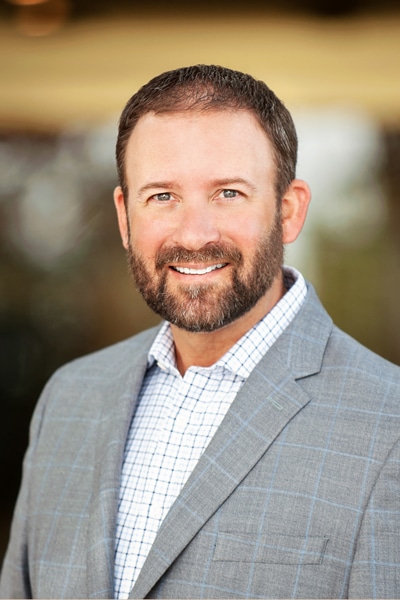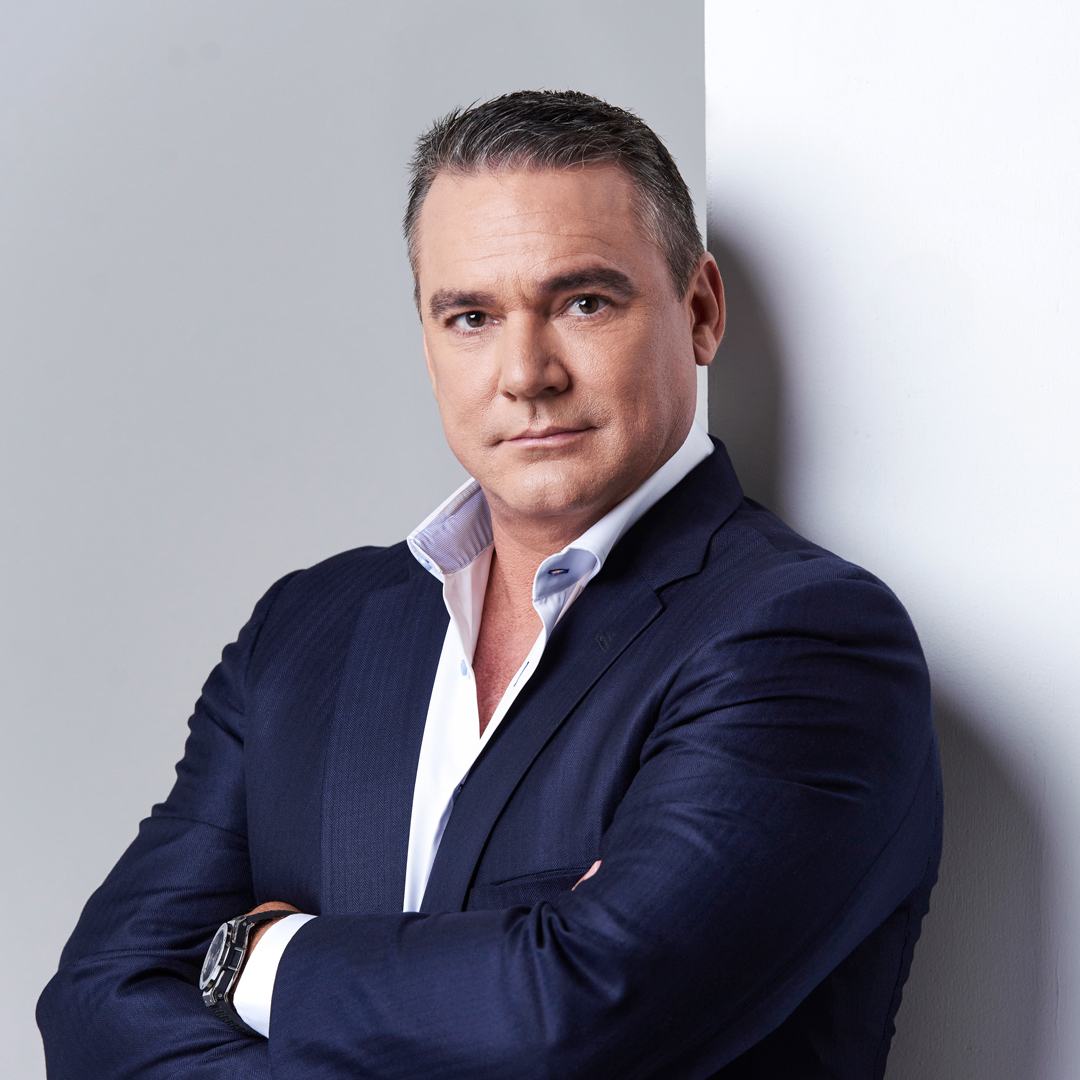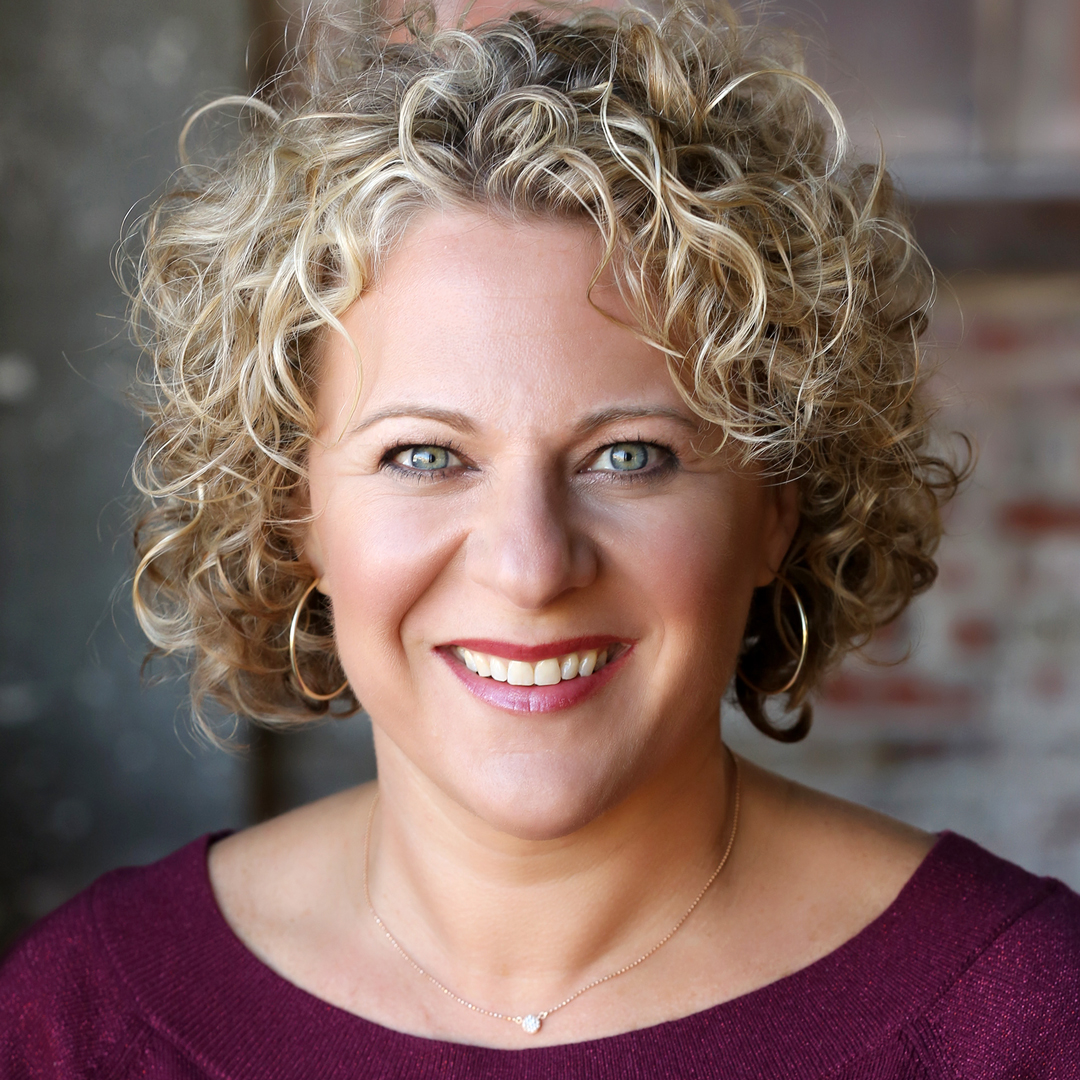When Kevin Kohutek proposed that US Concrete offer employees a new financial wellness program, top-level executives doubted that the initiative could succeed. Their hesitation stemmed from the company’s widely dispersed workforce that would make it difficult to communicate with employees and coordinate the program.

But Kohutek, then vice president of finance and treasurer, was confident that he could succeed. “I said that I would deal with it,” he says, “and I suggested that we pilot the program in Texas.” Kohutek’s confidence must have shown through, as company officials gave the go-ahead.
The projecthas no direct impact on corporate revenue or profits; it’s emblematic of Kohutek’s management philosophy, which comes down to “treat people how you would like to be treated.” The online financial wellness program, in partnership with SunTrust Bank, will “make employees more well-rounded people,” he says. It may aid employee retention, given that happy workers tend to remain with a business, he adds.
“Financial stress is not a new problem, and financial education is not a new solution,” says Brian Nelson Ford, financial well-being executive at SunTrust bank. “However, workplace financial wellness is different and it’s working. It sends a clear message that the company cares.”
The initiative is an example of how a financial chief can collaborate with human resources—a partnership that can have many benefits.
Kohutek is guided by an empathetic management approach based on a servant mentality that he honed while working for ClubCorp, a firm that owns and manages country clubs and other private clubs nationwide. Hospitality companies like ClubCorp require attentive customer service from all employees. Company leaders extended this mind-set to its workers as well, Kohutek said. For example, all new hires received a “Warm Welcome” package that included a gift basket along with their onboarding packet of information. Exceptional performance shown during the work week was recognized with “Magic Moment” rewards such as additional time off or company merchandise. When employees left the company, they received a “Fond Farewell,” a thank-you package for a job well done. These gestures were an outward sign of the “work family” culture that Kohutek embraced and continued to hold onto after he moved to a very different industry when he joined US Concrete.
Day to day, that philosophy means managers should keep their doors open, be visible, offer compliments for doing a good job, and be respectful of employees’ personal lives. “If they have to get to a graduation or a kid’s concert or sporting event, even when there’s an important deadline, you tell them to go,” he says. Such gestures pay off in better morale and loyalty, he believes.
A two-year stint managing US Concrete’s newly acquired New Jersey affiliate reinforced that notion. “The office had been underperforming and morale was not good,” Kohutek recalls. There were several problems Kohutek noticed soon after moving from Dallas to New Jersey. For one, the office environment didn’t help. It was dark and had seven-foot-high cubicles that discouraged collaboration.
One of his first decisions was to move the office to a more modern, well-lit space outfitted with open-concept cubicles that allowed employees to see each other across the office. This led to more impromptu conversations and aided his effort to transform the culture toward a more collegial one, featuring open communication. “I encouraged more face-to-face meetings and less emailing,” he says. In time, this approach took hold, and morale improved.
“Most people who have the right experience can do the job. I don’t want a person who is going to shut the door, put on headphones, and not want to talk during the day.”
As a financial manager with natural instincts for employee relations, Kohutek has been a valuable ally to the human resources department. Naturally, his accounting expertise is an asset when evaluating benefit plans such as health insurance. He’s able to crunch the numbers to deduce which insurance vendor and which specific health plan of many would be most cost effective. But even more importantly, he analyzes the impact various plans could have on employees’ lives.
“I think about employees who may not be able to see the same doctor if we switch plans,” Kohutek says. Some may, for example, have children with serious medical conditions who have longstanding ties to particular caregivers. If the plan forces a switch in medical provider networks, this could cause a disruption in some workers’ lives. Kohutek looks beyond the bottom line to spot such potential problems, and he’s earned the trust of human resources professionals in assessing the full scope of such impactful decisions.
When building a team, as he did when US Concrete moved its headquarters from Houston to Dallas, Kohutek hires people who will embrace the culture he wants to instill. While technical ability is a prerequisite, personality and cultural fit is just as important, he says.
“Most people who have the right experience can do the job,” he says. Beyond that, Kohutek looks for hires that are motivated by similar professional and cultural business principles. This makes for a more cohesive and effective business unit. “I don’t want a person who is going to shut the door, put on headphones, and not want to talk during the day,” he says.
During interviews, Kohutek tries to draw out the candidate’s personality by asking open-ended questions and by listening more than talking. A key question is “how do you like to manage, or how do you like to be managed?” If the candidate responds by saying that they prefers a top-down approach in which subordinates are told what to do without giving much input, the candidate probably wouldn’t work out. Another red flag is someone who says they would rather work independently with minimal interaction with coworkers.
A strong penchant for a “work family” culture prompted Kohutek’s latest career move. He joined Dallas-based construction company Osburn Contractors as CFO. “Their leadership team is small group of like-minded people—a strong faith-based organization,” he says. “I met all of them, and they had a similar interview process as mine.” The rapport he sensed with leaders during the interview process gave him the confidence and comfort level to make the change.
Kohutek looks forward to the challenges of a rapidly growing smaller company, including working hand-in-hand with the business leaders to drive value throughout the organization. With the firm’s culture more in sync with his own, any frustrations and difficulties that arise will be easier to address. His career path illustrates the importance of a well-tailored cultural fit. It’s something everyone should keep in mind as they make their way in the business world.

